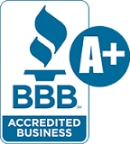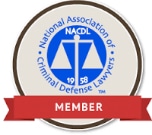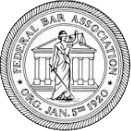Why Can’t I Discharge Student Loan Debt In Bankruptcy…or Can I?
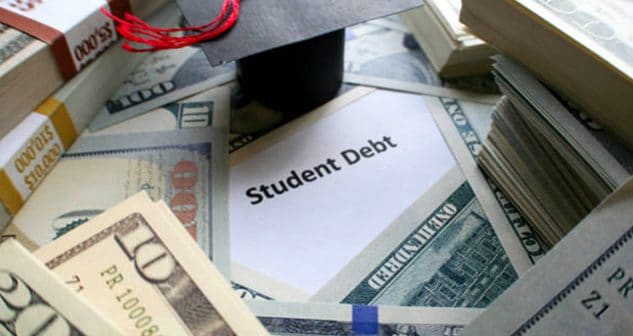
Student loans and the bankruptcy discharge share a long and complicated history. A discharge of student loan in bankruptcy has been available since the advent of the first federally-backed loan program for students in 1958. However, the burden a bankruptcy debtor faces in discharging student loan debt has fluctuated from non-existent to extreme over the years. Recently proposed legislation, along with developing case law, indicates a possible trend in favor of easing current restrictions.
THE PAST
Prior to 1976, you could easily discharge your student loan in bankruptcy, similar to most other financial obligations. Claims that bankruptcy debtors were abusing the system led Congress to implement restrictions on discharging student loan debt in 1976. These restrictions made student loan debt dischargeable only if it had been in repayment for five years. Congress subsequently extended the repayment period to seven years. In 1998, Congress tightened the restrictions even further by allowing student loans to be discharged only if they caused “undue hardship” to the debtor. The same rule was applied to private loans in 2005.
THE PRESENT
In order to discharge student loan debt in bankruptcy, you must file an “adversary proceeding” against the student loan creditor, which is a civil lawsuit brought in Bankruptcy Court. You must further satisfy the undue hardship requirement in Section 523(a)(8) of the Bankruptcy Code, which essentially means demonstrating that paying your student loan debt would impose an undue financial hardship on you and your dependents. The difficulty in discharging student loan debt primarily lies in overcoming a line of decisions by courts interpreting the standard for determining undue hardship in a punitive light.
The Brunner test
The Brunner test originates from a New York District Court opinion in 1985 that was affirmed by the Second Circuit Court of Appeals. With the exception of the First and Eighth Circuit, all federal courts of appeal apply the Brunner test to student loan bankruptcy discharge cases. The Eighth Circuit uses a totality of circumstances test, and the First Circuit has not yet declared a standard test. Given that Arizona is in the Ninth Circuit, the Brunner test applies in our state.
The Brunner test requires the following to prove undue hardship:
- You cannot maintain a “minimal” standard of living for you and your dependents if forced to repay your student loans (based on current income and expenses);
- These extenuating circumstances are likely to continue for a significant portion of the repayment term of the loan; and
- You have made good faith efforts to repay your loan. (This does not require repayment of the loan, but means that you have at least attempted to pay your loan, such as trying to find an affordable payment plan.)
Many judges purporting to follow the Brunner test have interpreted its standards harshly. Some courts have required debtors to prove a “certainty of hopelessness” when requesting a discharge of student loans. In other words, you must basically show that there is no chance of your financial circumstances improving in your lifetime.
This unfortunate case precedent, coupled with the barriers debtors face in affording legal representation in an adversary proceeding, is an enormous deterrent for debtors in need of a student loan discharge. The percentage of debtors who attempt to discharge their student loan debt is extremely small. Those who do attempt it often wind up settling with the student loan creditor, and remaining responsible for a portion of the debt.
THE FUTURE
A momentous decision by a New York bankruptcy judge on January 7, 2020 rejected the “certainty of hopelessness” interpretation of the Brunner test. In Rosenberg v. N.Y. State Higher Education Services Corp. (In re Kevin Jared Rosenberg), Chief Bankruptcy Judge Cecelia Morris allowed the debtor to discharge more than $200,000 in defaulted federal student loan debt. Judge Morris stuck to the basics of the Brunner test “as it was originally intended”, leaving behind the draconian interpretations of other courts. This could be sign that bankruptcy judges are changing how they think in terms of discharging student loan debt.
Congress may be on a similar path with respect to discharging student loans in bankruptcy. On May 9, 2019, the Student Borrower Bankruptcy Relief Act of 2019 was introduced in both the House and Senate (S.1414 and H.R.2648). The Act proposes to simply strike student loans from the “exception to discharge” sections of the Bankruptcy Code, allowing debtors to freely discharge both federal and private student loans in Chapter 7 and Chapter 13 bankruptcy cases. As of the present date, the bill has a total of 21 cosponsors in the Senate, including Senators Elizabeth Warren, Bernie Sanders, Amy Klobuchar, Kamala Harris, Kirsten Gillibrand, and Michael Bennet.
Amending the Bankruptcy Code to loosen the restrictions on student loan discharge could spare debtors from the expense of litigating with creditors in an adversary proceeding. This is a very big deal for money-strapped individuals who might prevail in court but cannot afford to pursue a discharge. Even if change occurs only at the judicial level, it has the potential to dramatically improve the lives of people with excessive student loan debt. The student loan discharge pendulum may be swinging back closer to where it was decades ago…stay tuned for further updates….
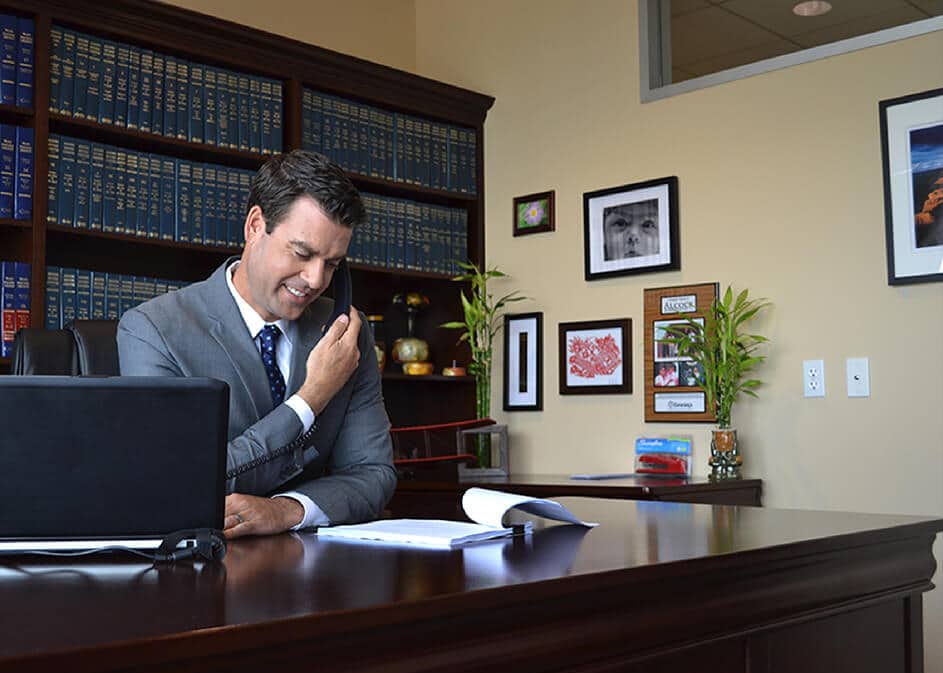
REPRESENTATION YOU DESERVE
Here at Alcock and Associates our team and staff are dedicated to helping and representing YOU. The first step is to understand your case. We will take the time to get to know you and your legal situation so that we are best able to answer all of your questions. After your initial consultation with our attorneys, you will know what you are facing and what can happen to your case.
EVERY CONSULTATION IS COMPLETELY FREE AND COMPLETELY CONFIDENTIAL.
Top Rated Phoenix Attorneys


